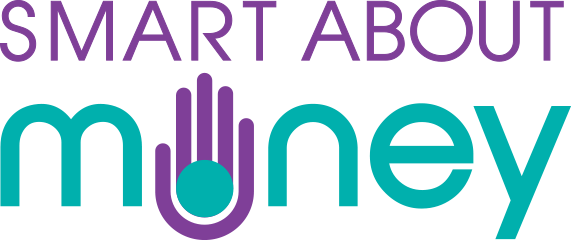As online shopping has grown (dramatically during the pandemic years), retailers and payment portals have recognised the need to include people whose payment options are restricted because they don’t have access to credit cards, don’t want to use them or don’t have great credit reports. Read more: What is my credit report?
Buy now, pay later (BNPL) is a product of this drive for inclusivity, and has experienced enormous growth since it took off originally in the US and Sweden. It means exactly what it says: you can buy something today and pay it off later – typically in three or four instalments over a period of up to three months, without incurring any interest.
You choose a BNPL option at checkout (usually online, although physical retailers are beginning to jump on the bandwagon). You register by providing a few personal details and receive approval in seconds.
 You provide your bank account details (either a credit card or a debit card) and are given the instalment breakdown: the first instalment is paid immediately, and two or three more are scheduled at intervals of two weeks or a month apart. The dates are provided and you will also receive a reminder shortly before each instalment is taken from your account, so you can make sure the funds are available.
You provide your bank account details (either a credit card or a debit card) and are given the instalment breakdown: the first instalment is paid immediately, and two or three more are scheduled at intervals of two weeks or a month apart. The dates are provided and you will also receive a reminder shortly before each instalment is taken from your account, so you can make sure the funds are available.
As long as you stick to the payment plan you signed up to, there is no interest and no contract fee – the credit is free and you receive the goods immediately.
This payment option is a big step up from the well-established lay-buy system in terms of which your purchase was held for you until you had made full payment over a period of weeks or months.
Buy now pay later is predominantly an online option, but it is available at till points in the physical stores of some retail chains in South Africa, and is likely to spread rapidly if the experience of other countries is anything to go by.
In theory, everyone does: the payment portal makes money by charging the retailer a percentage of each BNPL purchase; the retailer covers that cost through increased sales and more satisfied customers; and as a consumer you can buy something now and spread the payment out to take advantage of your future wage or salary payments.
BNPL options vary, particularly when it comes to high-priced items, but they usually allow for three or four instalments, either fortnightly over six weeks, or monthly over three months.
As with everything credit-related, there are pitfalls. If a scheduled payment cannot go through on the required date because you do not have sufficient funds available in the account to which  you’ve linked the purchase (despite the reminder you will have been sent beforehand), interest kicks in.
you’ve linked the purchase (despite the reminder you will have been sent beforehand), interest kicks in.
You should know what the interest rate is when you choose to pay with this option so you know exactly what any default would cost you.
As there is no intention for the buy now pay later option to be a credit agreement with interest, it isn’t one for the purposes of the National Credit Act as long as you pay as agreed. It only becomes an incidental credit agreement if you fail to make the payments. Interest can then be charged at 2% a month.
Another risk of this easy-come, easy-go form of instant credit is that it is equally easy to sign up to more BNPL payments than you can afford.
 Splitting the number on the price tag into smaller instalments makes the price seem more manageable, so you could be tempted to enter into more than one BNPL agreement with more than one retailer.
Splitting the number on the price tag into smaller instalments makes the price seem more manageable, so you could be tempted to enter into more than one BNPL agreement with more than one retailer.
Although you provide some personal details, including your ID number and bank details, when you opt for a BNPL purchase there are none of the usual credit checks to ensure that you can afford the credit and have a good credit history, so there is nothing to stop you from over-extending yourself.
In fact, consumers may not think of BNPL as credit at all, especially if they are not made aware of the risk of interest.
Another disadvantage of this payment option is that it doesn’t help to build a positive credit record, since payments are not reported to the credit companies. On the other hand, non-payment may be reported, especially if it happens more than once, so poor management of BNPL could damage your credit record.
To sum up: this is another payment innovation that offers legitimate benefits – in this case, convenience and access to short-term, interest-free credit when it is really needed. As with all innovations though, it should be approached with eyes wide open.



